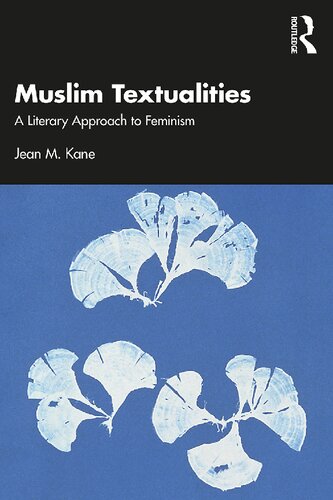

Most ebook files are in PDF format, so you can easily read them using various software such as Foxit Reader or directly on the Google Chrome browser.
Some ebook files are released by publishers in other formats such as .awz, .mobi, .epub, .fb2, etc. You may need to install specific software to read these formats on mobile/PC, such as Calibre.
Please read the tutorial at this link: https://ebookbell.com/faq
We offer FREE conversion to the popular formats you request; however, this may take some time. Therefore, right after payment, please email us, and we will try to provide the service as quickly as possible.
For some exceptional file formats or broken links (if any), please refrain from opening any disputes. Instead, email us first, and we will try to assist within a maximum of 6 hours.
EbookBell Team

5.0
88 reviewsIn the first decade of the twenty-first century, Muslim women writers located in Europe and American entered the cultural mainstream. Literary and visual productions negotiated static visual emblems of Islam, most prominently the veil. They did so not by rejecting veiling practices, but by adapting Muslim resources, concepts and visual tradition to empowerment narratives in popular media. Mainstream reception of their works has often overlooked or misread these negotiations.Muslim Textualitiesargues for more flexible and capacious interpretation, with particular attention to visibility as a metaphor for political agency and to knowledge of cultural contexts. This provocative volume aims to articulate Muslim female agency through clear and accessible analysis of the theory and concepts driving the interpretation of these works. Scholars interested in the working representations of Muslim women, feminist subjectivities, and the complexities of gender roles, patriarchy, and feminism will find this volume of particular interest.